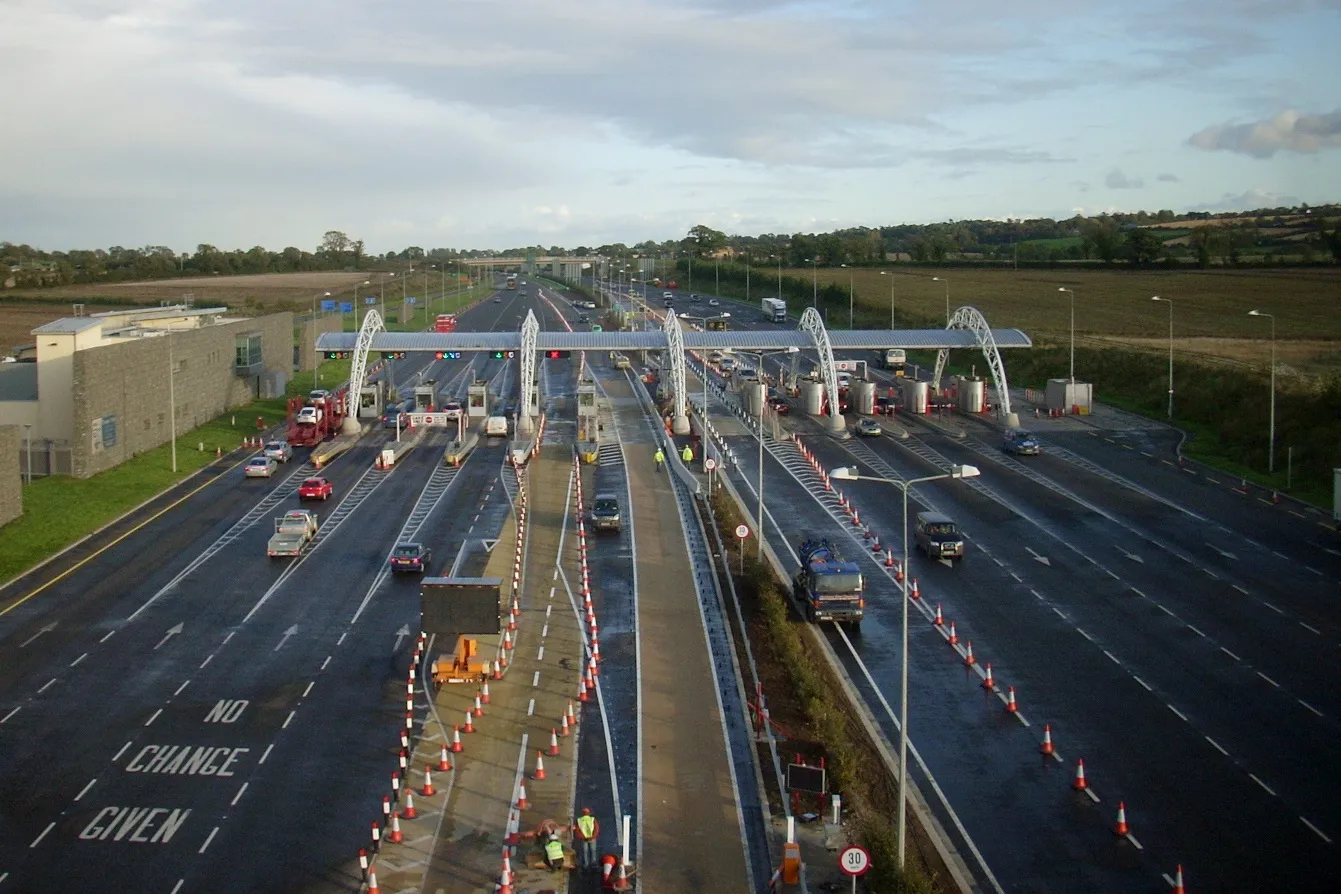
Indra has completed the implementation and commissioning of a third-generation toll interoperability management platform (IMP) for Transport Infrastructure Ireland (TII).
The new cloud platform simplifies electronic toll collection (ETC) on all motorways in the country by making it easier for toll collectors/toll service providers to exchange transaction and payment data, allowing domestic and European drivers with a toll service account to use all toll roads in Ireland, regardless of the provider.
Using Microsoft's Azure cloud, the platform verifies, consolidates and distributes transaction data from motorway toll collectors and toll tag providers to ensure the correct payment of tolls, in line with the European Electronic Toll Service (EETS) and equivalent standards for electronic fee collection.
Indra is responsible for its maintenance and operation until 2028 with options to extend, and says the "open, flexible, modular and scalable" system is "ready to incorporate new functions and transactions that may be required in the future, as a result of advanced mobility policies such as Mobility as a Service".
A number of different toll chargers' and toll tag providers' systems and processes had to be integrated, with Indra and TII supported by advisor Arup.
"In a project of this nature, migration from the existing platform is critical and requires months of careful preparation and testing to ensure a seamless transition for end users, while ensuring that no transactions are lost," says Mark Rocky, Indra’s mobility business development director for Europe.
"We successfully achieved the migration to the new platform in a seamless manner, as planned without service incidents."







